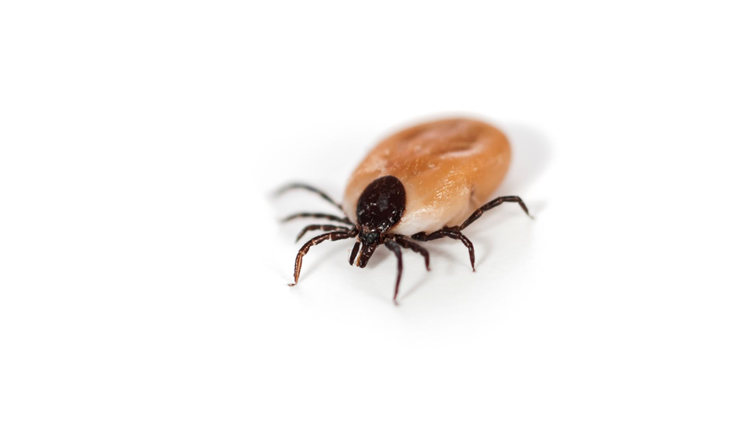The black legged tick is a tiny arachnid that is infamous for its role in transmitting Lyme disease.
The survival of a black legged tick is intricately tied to its ability to find and feed on a host. They often feed on the blood of small mammals, birds, or deer. However, these ticks can exhibit remarkable resilience, which allows them to survive for extended periods without a host.

How long is a tick’s typical life cycle?
Under optimal conditions, a black-legged tick can complete its life cycle in about two years. They progress through various stages, which include larval, nymph, and adult life phases. The time spent at each stage is influenced by environmental factors, such as temperature and humidity. Ticks require a blood meal at each stage to molt and develop to the next life stage.
Are ticks more resilient at different stages of life?
The duration a black legged tick can survive without a host depends on its life stage. Larvae, for instance, can endure for several months without feeding, as they quest for a suitable host. Nymphs, the next developmental stage, are slightly more resilient and can survive without a host for several months as well. Adult ticks can endure for several months up to a year without a blood meal.
How do ticks survive without feeding?
During periods when a tick is not actively feeding, it enters a state of dormancy. This helps the tick conserve energy and withstand harsh environmental conditions. It’s important to note that while ticks can survive for extended periods without a host, they are most active during specific seasons, typically spring and fall when temperatures and humidity levels are conducive to their quest for a host.
The ability of black-legged ticks to survive without a host is both a testament to their adaptability and a concern for public health. Ticks can wait patiently in vegetation, known as questing, with their front legs extended, ready to latch onto a passing host. Understanding the life cycle and survival mechanisms of these ticks is crucial for developing effective strategies to mitigate the risk of tick-borne diseases.
Mitigate tick encounters with tick control measures.
Ticks can survive for various durations without a host. During each life stage, ticks exhibit different levels of resilience. Their ability to endure periods without feeding contributes to their success as vectors of diseases, emphasizing the importance of tick control measures and public awareness to reduce the risk of tick-borne illnesses.